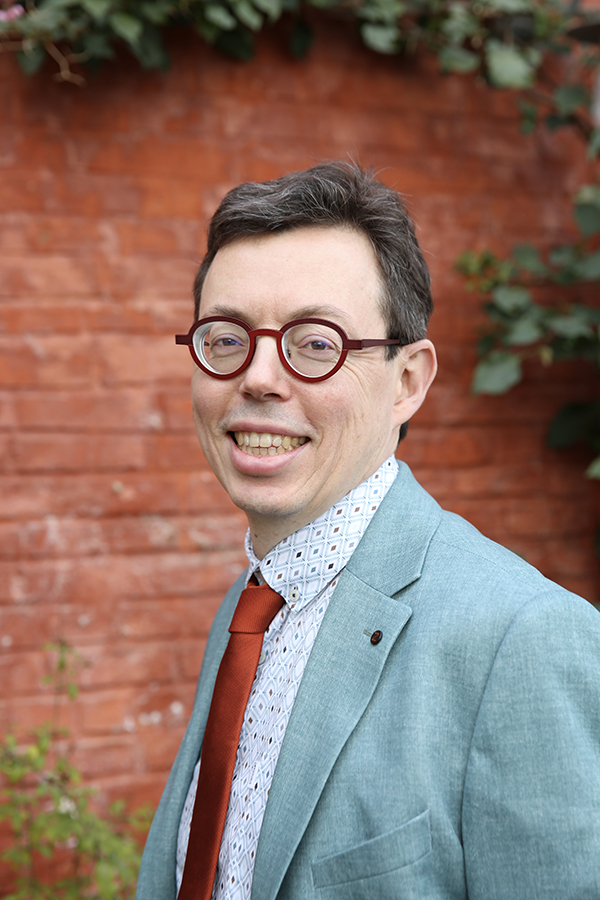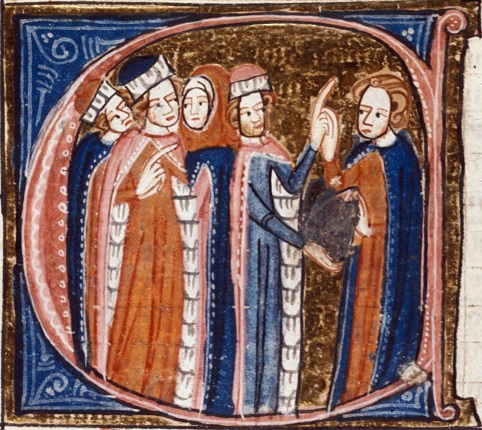Peter Van Nuffelen: The People’s Choice: Episcopal Elections in the Later Roman Empire
In the late third and early fourth centuries, the Christian Church adopted election as the normative form of selection for bishops. Paradoxically, this happens at the moment when elections largely disappear in the cities of the Roman Empire, a fact that is often seen as the final stage of the decline of popular politics in the Roman Empire. Yet, the church would continue to insist on hearing the popular voice and getting popular approval.
This talk asks why the church adopted election at this moment and what ideas about community and hierarchy are entailed by the practice of election. Methodologically, the paper argues that practices such as elections are carriers of (maybe unarticulated) ideas about a community and it seeks to determine if ecclesiastical ideas maybe shaped the occasional adoption of election as a mode of selection by the Later Roman Empire.
 Peter Van Nuffelen is Professor for the Cultural History of the Ancient World in the History Department of Ghent University. With training in ancient history, philosophy and patristics, his main research interests are (1) the history of religion in the ancient world, in particular the ruler cult, philosophical views of religion, and early Christianity; (2) literature and history of Late Antiquity (AD 250-800), especially historiography and social interactions in the public sphere (such as petitions); (3) the cultural history of Late Antiquity, including toleration, violence, and generally intellectual changes in this period. In his work, he combines philological approaches with wider interpretations, relying on texts in Greek, Latin, and oriental languages.
Peter Van Nuffelen is Professor for the Cultural History of the Ancient World in the History Department of Ghent University. With training in ancient history, philosophy and patristics, his main research interests are (1) the history of religion in the ancient world, in particular the ruler cult, philosophical views of religion, and early Christianity; (2) literature and history of Late Antiquity (AD 250-800), especially historiography and social interactions in the public sphere (such as petitions); (3) the cultural history of Late Antiquity, including toleration, violence, and generally intellectual changes in this period. In his work, he combines philological approaches with wider interpretations, relying on texts in Greek, Latin, and oriental languages.
Before coming to Ghent in 2009, Peter Van Nuffelen held positions in Leuven and Exeter, besides numerous visiting fellowships. He is Laureate of the Royal Flemish Academy of Belgium for Science and the Arts (2011), was awarded the Prix Franz Cumont (2012). He is the recipient of two ERC Grants, a Starting Grant on late antique historiography and an Advanced Grant on political thought in the first millennium. He is the Ghent representative in the board of OIKOS, the Dutch research school for Classics.
Admission: Free, open to the Berkeley community
For more information about this event or for accessibility related inquiries, please write to Iliana Morton, ilianamorton@berkeley.edu

